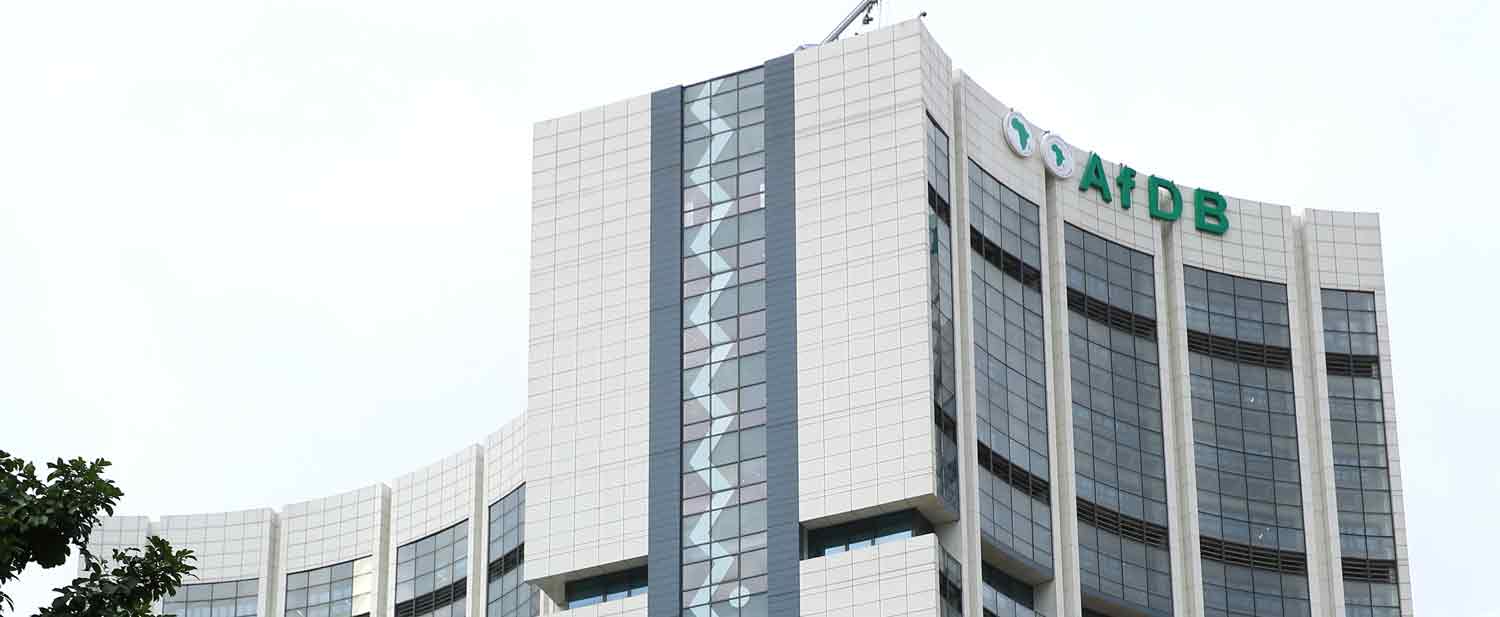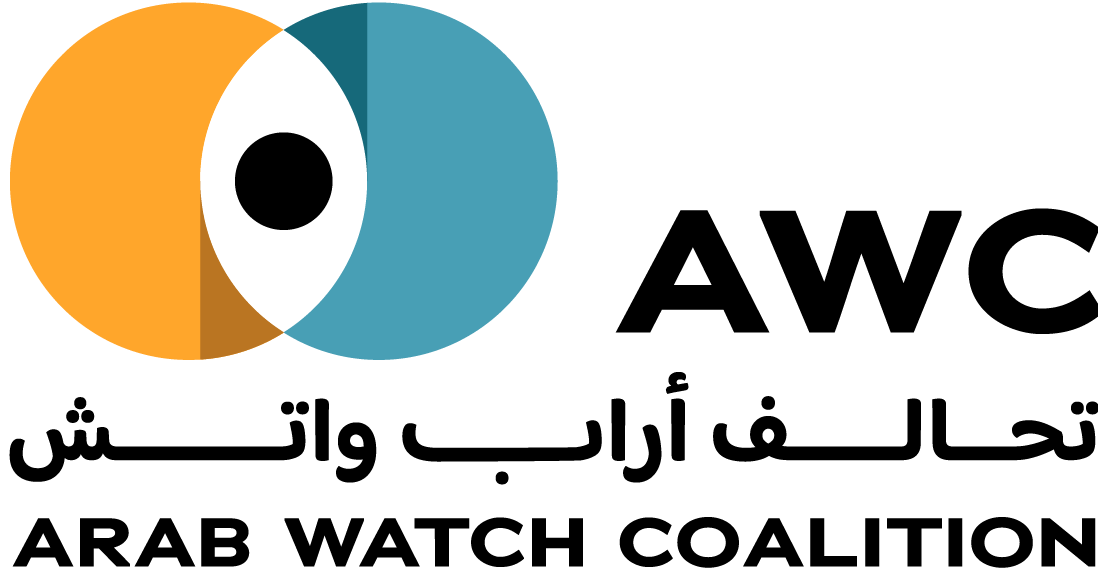The AfDB missed the right opportunity to become responsible for development in Africa

As a part of the Arab Watch Coalition’s efforts in monitoring International Financial Institutions in the MENA region, AWC has been following the African Development Bank (AfDB) activities and policies since 2018. AWC learned through its work that the AfDB puts Transparency and Access to Information at the core of its values and operations, but it hasn’t yet provided the least authentic pieces of evidence. The current layout of the AfDB has been primarily criticized for its poor reach out, communication, and responsiveness compared to its peer institutions (EBRD in 2018; IDB Invest in 2019; ADB in 2021; EIB in 2021).
In 2021, the AfDB launched its Integrated Safeguards System (ISS) review. This policy defines the framework that would ensure the protection of the people and the environment against potential unfavorable impacts of the Bank’s future operations in Africa. It was an extraordinary opportunity for the institution to put its discourse on transparency into practice; and for local communities to have their inputs toward safe and just development in Africa taken seriously. Evidence has portrayed unconstructive and ambivalent realities on the ground. The AfDB fails to adhere to its transparency discourse that only remains a ticking the box exercise.
It was alarming that no information and opportunities for engagement were made available on the Bank’s official website. The Coalition for Human Rights in Development, Bank Information Center, and other AWC partners from Africa and international allies started working among the #Dev4Africa campaign, joining efforts to hold the institution accountable and make sure it works in the best interest of African people. Through this campaign, AWC and its partners have raised concerns over locked information over the policy review process since June 2021. They started urging the Bank to disclose a detailed plan and engage with several right-holders during the entire review process. No update was made available after repeated letters, joint statements, and follow-up emails.
For many continuous inquiries, the only response from the Bank until November 2021 was that “it [would] shortly launch a meaningful stakeholders consultation based on a draft.” Although the Bank acknowledged receipt of the CSOs’ inquiries, it did not provide any clear response. The Bank failed to seize this opportunity to engage with the CSOs and address the issues experienced in different projects funded by the same institution.
How did the AfDB plan work?
In complete discretion, the AfDB set up a website to launch the consultation process. Civil society groups were not properly informed about this website. They learned about it only on March 22 by coincidence. The website indicates that the consultation has started on December 1, 2021, and will close by March 31, 2022. In December, no official information was made available on the AfDB website except for a brief notice released on December 21, 2021, during the holidays in most countries worldwide. The brief on the AfDB’s website announced the consultation plan that provided CSOs with limited opportunities to engage with the AfDB and open a constructive dialogue to enhance the Bank’s safeguards.
The brief also noted that the ISS draft version would be available on an AfDB’s “external website” for 45 calendar days to receive comments and inputs from many stakeholders. The plan was to conduct three consultation sessions with Anglophone, Francophone, and Lusophone Regional Member Countries of the Bank; and one with CSOs. The brief did not provide further information on the dates for these sessions, the “external website” availability, the disclosure of the draft policy, and the collection of comments and inputs. No further details on when and how to participate in the consultation were provided.
The external website misled the efforts of those who are constantly looking for the minimum information on the Bank’s official platforms.
Irreconcilable Similarities
“Equally, social development and inclusion are critical for all of the AfDB’s development interventions and for achieving sustainable development. For the Bank Group, inclusion means empowering all people to participate in, contribute to and benefit from the development process.” The AfDB group, the updated ISS Draft (2022)
The literature is promising; however, the language barrier stands for a firm exclusion of the local communities and the right-holders who might have significant inputs to enhance the AfDB’s safeguards. Arabic is the official language in twelve countries in Africa: Egypt, Morocco, Algeria, Tunisia, Libya, Mauritania, Sudan, Chad, Comoros, Somalia, Djibouti, and Eritrea. Unfortunately, the policy draft is only available in English, French, and Portuguese but not in Arabic.
Since civil society groups who want to be engaged in the review process learned about the open consultation only on March 22 and the consultation period ends on March 31, 2022, they have only seven business days to provide their inputs. The AfDB did not provide 45 days as it had previously promised (although 45 days are still a very short timeframe for effective consultation with a large range of stakeholders.) The AfDB should have made some efforts to ensure the stakeholders, including the civil society groups who had expressed interest in being engaged in the process, knew about this consultation website early on and before it became live.
To add insult to injury, individuals and groups need to register to contribute through the external website; For more than ten registration trials, the registration link is not working (Check below a demo video or use this link). Without a transformative change to turn the words into actions, the rationale behind this consultation remains insignificant and only demonstrates the institution’s lack of genuine will for meaningful engagement with relevant actors and civil society.
N.B: It was only after posting this alert on March 24, that the AfDB posted a link to the consultation website on its formal one.



